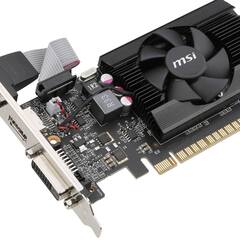Future of x86
-
Featured Topics
-
Topics
-
Nesy ·
Posted in General Discussion1 -
Ripred ·
Posted in General Discussion0 -
6
-
Ricardo Medina 00 ·
Posted in Peripherals1 -
2
-
2
-
1
-
shift8 ·
Posted in Networking3 -
0
-
3
-
-
play_circle_filled

Latest From ShortCircuit:
I tried 20 influencer foods, here are the best… and the worst…
















Create an account or sign in to comment
You need to be a member in order to leave a comment
Create an account
Sign up for a new account in our community. It's easy!
Register a new accountSign in
Already have an account? Sign in here.
Sign In Now